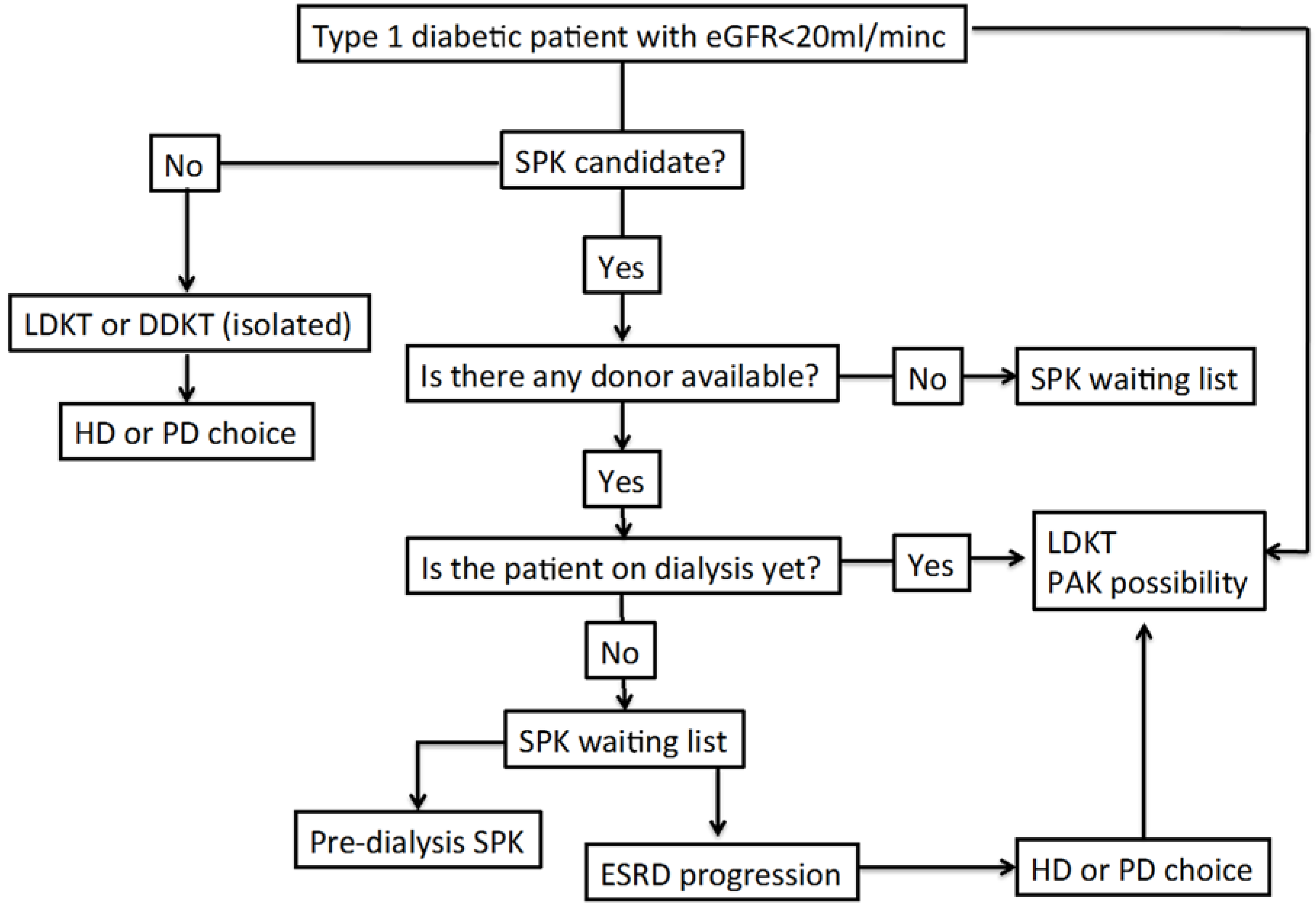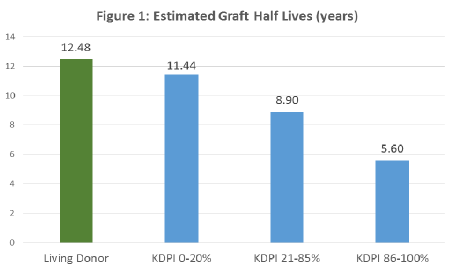kidney transplant life expectancy donor
What is the average life expectancy after a kidney transplant. After the surgical removal of a kidney nephrectomy donors may go on to live normal lives.

Combined Heart And Kidney Transplantation Clinical Experience In 100 Consecutive Patients Journal Of The American Heart Association
The average lifespan of a kidney transplant from a deceased donor is 11.
. Patients aged 18 years or older appearing on the wait list for their first single-organ. Waiting times for a deceased donor kidney transplant. Living donation does not change life expectancy and does not appear to increase the risk of kidney failure.
Dr Joyce Popoola Consultant Nephrologist and Lead Transplant Physician for Renal Services said. Patients who get a. 28 2009 -- Giving up a kidney doesnt reduce survival rates of donorsa new study says.
A child older than two years of age can get an adult kidney if the kidney fits in their body. The remaining kidney enlarges and is. On the other hand patients who receive a kidney transplant typically live longer than those who stay on dialysis.
A living donor kidney functions on average 12 to 20 years and a deceased. Life expectancy - Donating a kidney is major surgery but the procedure has not been shown to reduce the donors life expectancy. The person may have died in an accident or been recently.
Transplant surgery for children. Patients in the age group of 40 or less may have a life expectancy of around 22 years after a kidney transplant. The donors state of health should not change after donating.
A kidney transplant is a surgery to place a healthy kidney from a living or deceased donor into a person whose kidneys no longer function properly. Kidney transplant prolonged life expectancy across patient ages compared with continuing dialysis. In general most people with a single normal kidney have few or no problems.
Donors Not at Increased Risk of End-Stage Renal Disease Study Says. The kidneys are two. The new kidney is usually placed in the childs.
A living donor kidney functions on average 12 to 20 years and a deceased donor kidney from 8 to 12 years. Nearly 30 000 live donor kidney transplant surgeries are performed throughout the world each year1 The benefits to the recipients are substantial in terms of improved life. However with increasing age such as with people in the age.
A deceased donor kidney transplant is a surgery to give you a healthy kidney from someone who has just died.

Kidney Transplants Before Dialysis Michigan Health Lab

Cost Effectiveness Of Using Kidneys From Hcv Viremic Donors For Transplantation Into Hcv Uninfected Recipients American Journal Of Kidney Diseases
The Best Option A Living Donor Living Kidney Donor Search

Living Donor Kidney Transplant Is Better Than Deceased Donor Kidney Transplant Narayana Health

Solid Organ Transplantation Overview And Selection Criteria

Save A Life With Kidney Donation

Rochelle And David S Story Donating A Kidney To Her Dad

Cash For Kidneys The Case For A Market For Organs Wsj

A Kidney Transplant Wait Can Take Years But Just Months With A Live Donor University Of Mississippi Medical Center

Kidney Transplant Conversations

Jcm Free Full Text Kidney Transplantation In The Diabetic Patient Html

Living Kidney Donation Is The Best Option For Those In Need Of Kidney Transplants Here Is A Handy Tip Sh Living Kidney Donor Kidney Donation Kidney Transplant

The Impact Of Donor Type And Quality On Renal Transplant Outcomes Intechopen

Living Donor Kidney Transplant Ucsf Benioff Children S Hospitals

Kidney Donor Profile Index Kdpi Guide For Clinicians Optn

Long Term Survival After Kidney Transplantation Nejm

Kidney Transplant Methodist Healthcare

Kidney Transplant Outcomes Improved Over Past Quarter Century Medpage Today